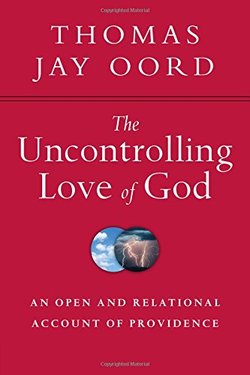
His new book, The Uncontrolling Love of God, continues this look at God’s impeccable character with a deeper consideration. Being of the same Wesleyan-Holiness tradition as Oord, I found this book to be a very interesting and positive proposition. However, not being an open theist, I enjoy Oord’s work more for the relational aspects of his theology. Yet, his theology should not be dismissed easily but deserves a very real consideration.
Oord sets up his thesis well with these two questions: 1) If a loving and powerful God exists, why doesn’t this God prevent genuinely evil events? and 2) How can a loving and powerful God be providential if random and chance events occur?
Oord finds the answer unsatisfactory in the statements found in our society. For example after the Boston Marathon bombing, a journalist from the Orlando Sentinel writes, “I realize that many people will see this tragic event as evidence against God’s existence. But the reality is that in order for thousands of people to feel relief and joy, some had to feel unspeakable pain and heartache.”
Oord states that such trite Christian answers conclude “we must go through hell to appreciate heaven” and/or “God suffers with us.” Oord asks, “does this view make God a masochist?" And “do we think it more loving to suffer with others than to prevent evil, if we were able, in the first place?”
Oord also discards deterministic answers to the problem of evil. The idea of God “pulling the strings” to control seemingly chance events (Prov 16:33) is even more repugnant to Oord . He outright rejects Augustine’s “nothing in our lives happen haphazardly,” Calvin’s “God’s providence, as taught in scripture, is opposed to fortune and fortuitous happenings," and R.C. Sproul’s “if chance exists in its frailest form, God is finished.”
Oord also intensely questions Euthyphro’s dilemma as an adequate explanation for the problem of evil. The idea that “whatever is initiated and directed by God is moral” or “might makes right” makes one wonder if God actually creates everything. The atheist conception that the objective reality of morality is independent of God is soundly refuted as well.
What is the answer to the problem of evil? Oord postulates, “absolute randomness is a myth. But absolute determinism is too. Forces we cannot see regulate all things, animate and inanimate. Chance and lawlike regularity characterize our world. If change reigned absolutely, chaos would ensue. If law reigned absolutely, order would eliminate creativity. Both randomness and regularity persist in the universe.”
So what really is the answer to the problem of evil? Oord answers the question early and then fleshes out his answer in the remaining part of the book. His answer is simply, “The standards of morality and regularities of existence derive from God’s loving nature. God’s nature is eternal, without beginning or end. God did not create or choose the attributes of the divine nature. And God cannot change them because the divine nature is immutable. “
If you find his answer unsatisfactory, then I urge you to read the rest of his book. You might be pleasantly surprised at Oord’s reasoning behind his answer.
If you find his answer to your satisfaction, then I urge to read the rest of the book. You might be pleasantly surprised at Oord’s reasoning behind his answer.
My thanks are offered to Dr Oord for an advance copy of his book and his request for my review.
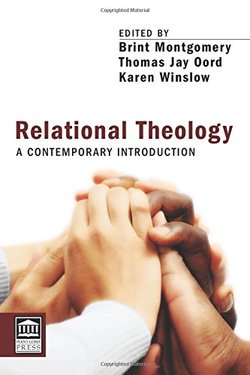
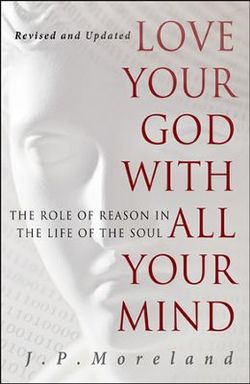
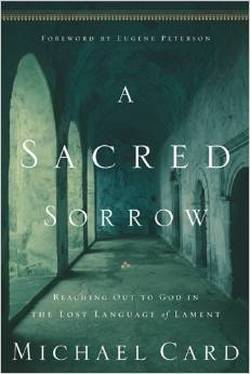
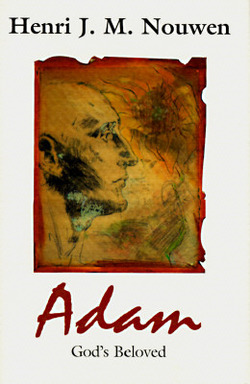
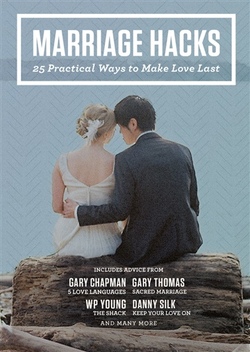
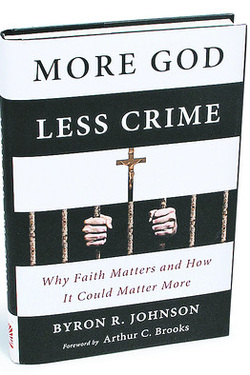

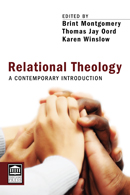
 RSS Feed
RSS Feed